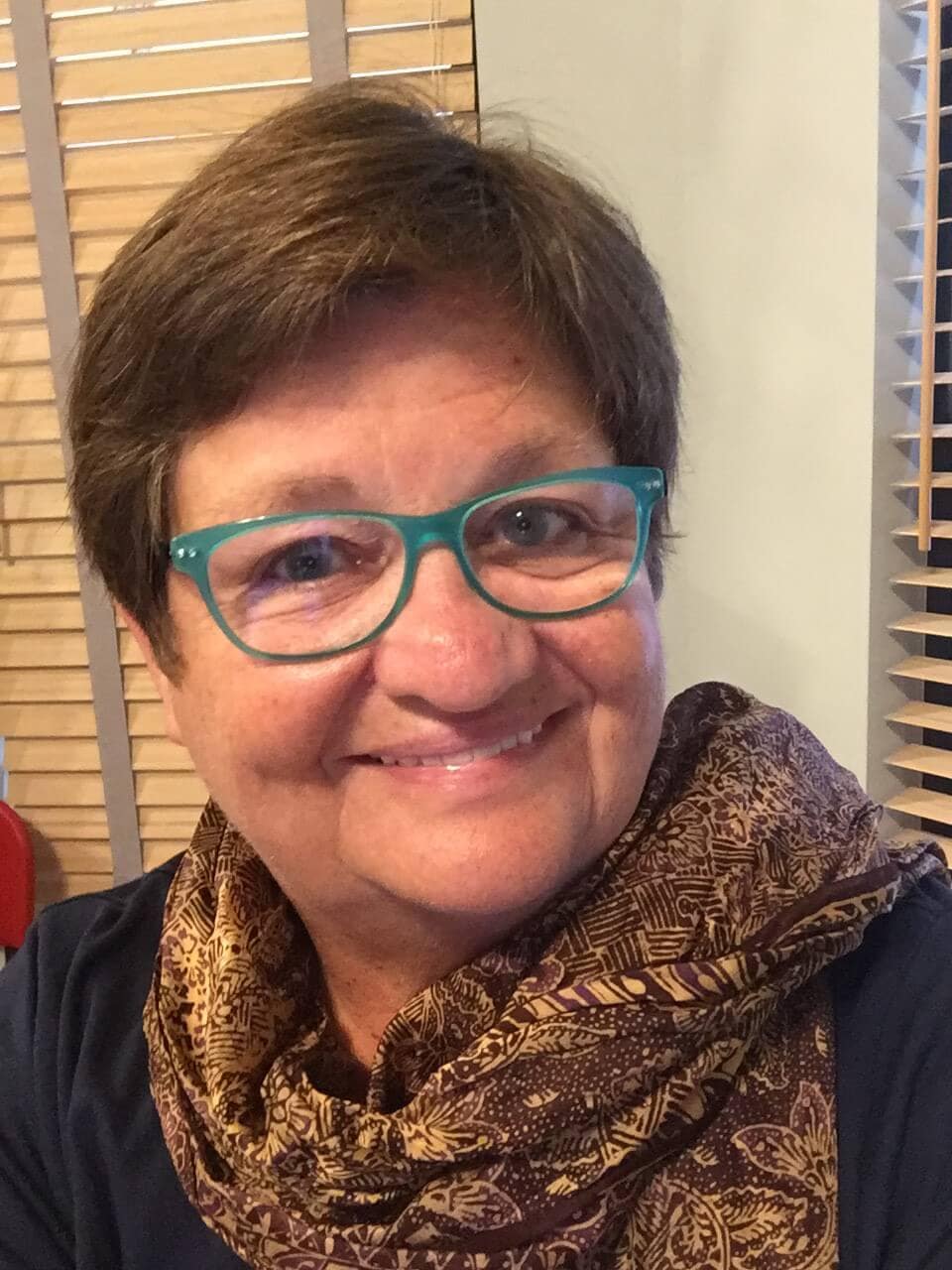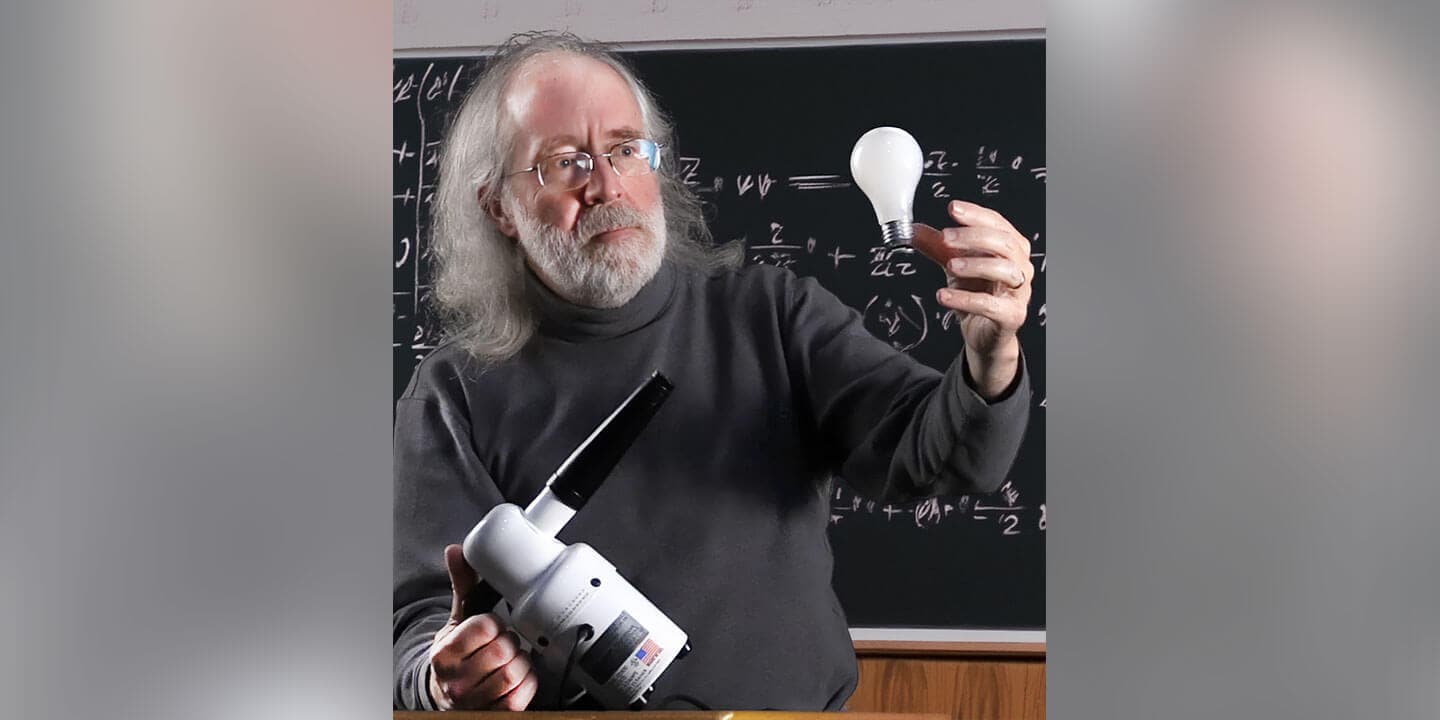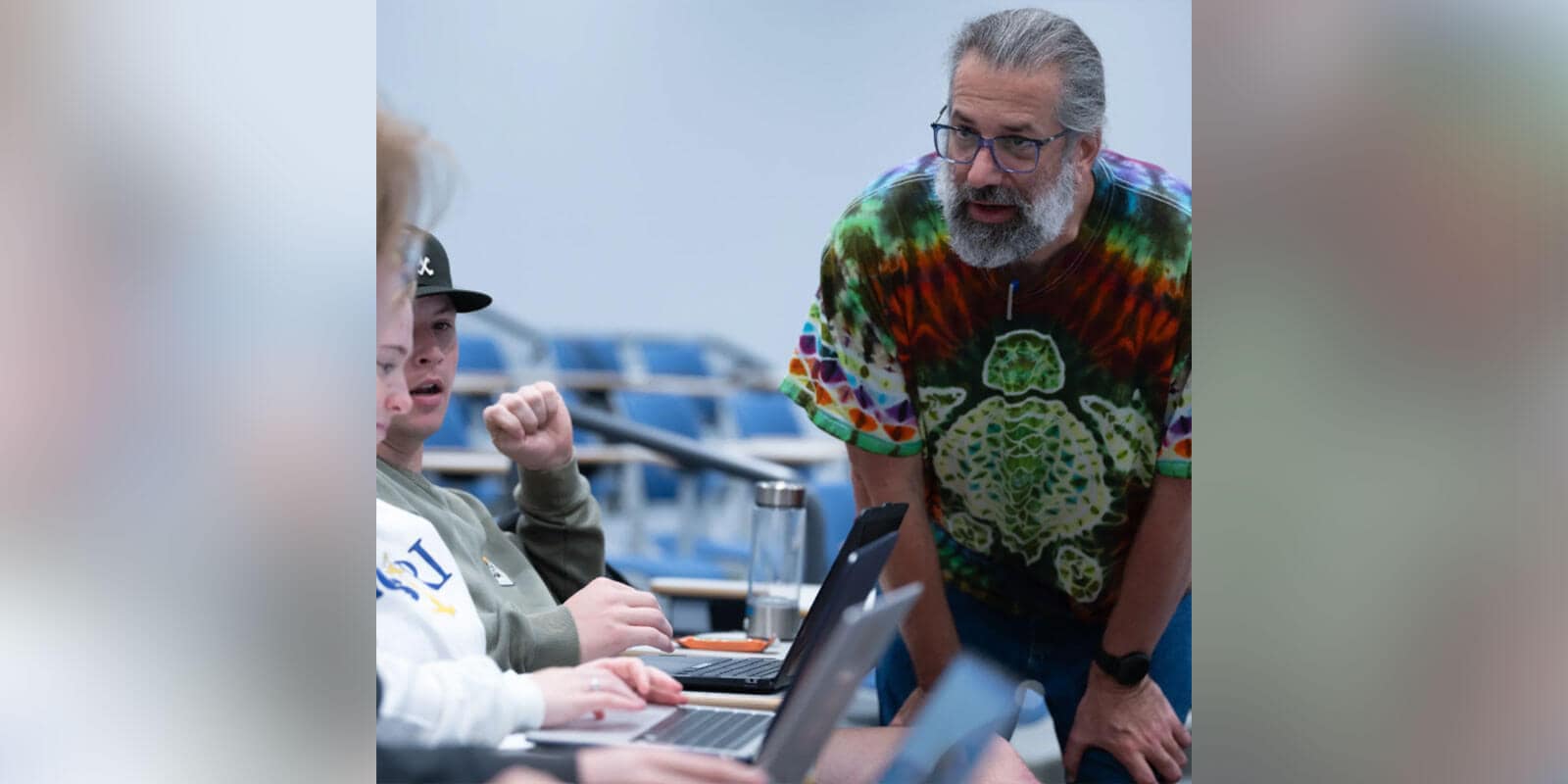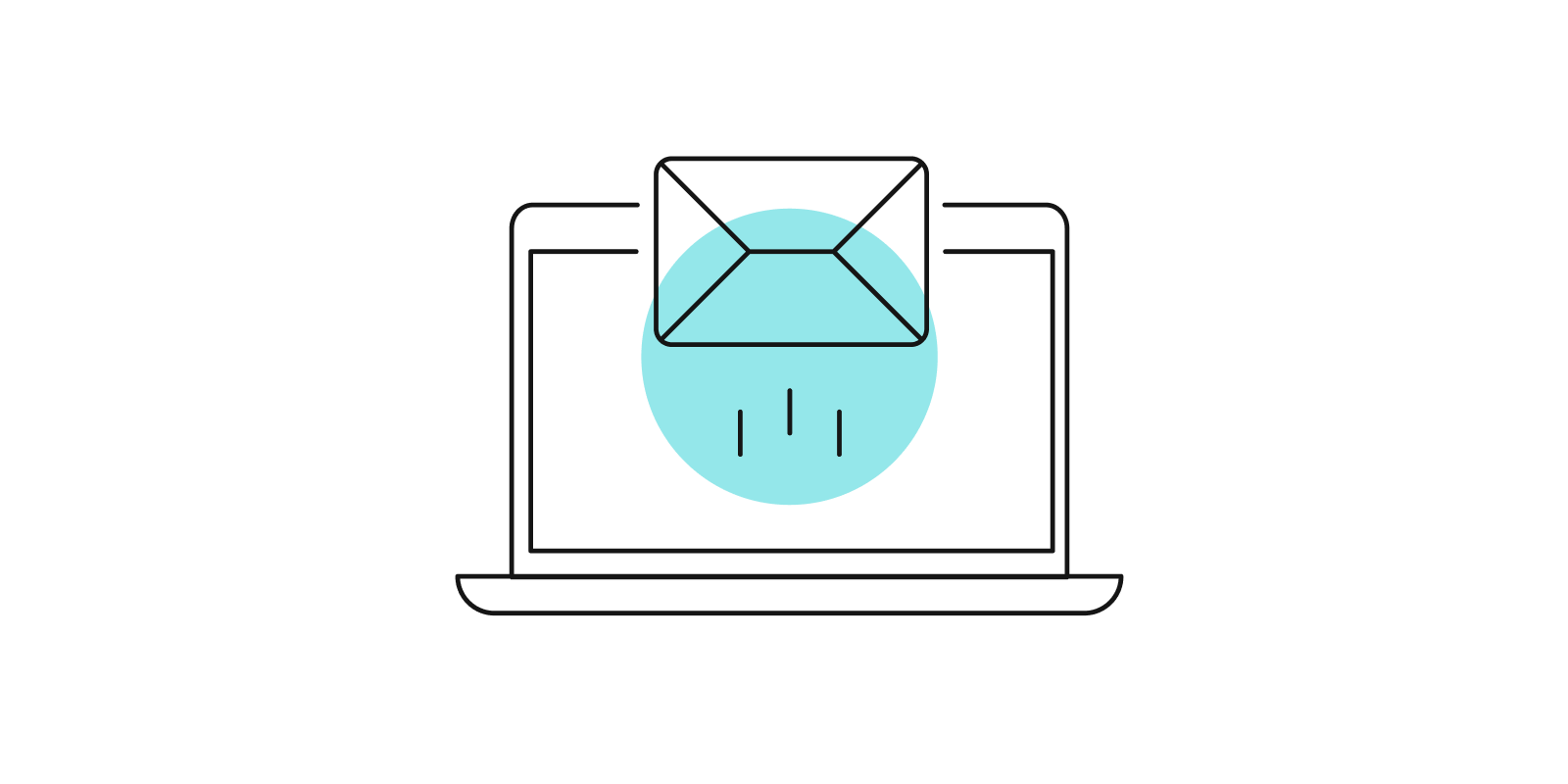
Adapting Curriculum for Employability and Retaining Soft Skill Development

Employability has become a lens through which many of our college administrators view and rate the relevancy of our courses and even entire disciplines. The decline in funding for liberal arts disciplines nationwide attests to the perspective that unless the college course can demonstrate its direct value to a specific job, then the course is of little use to the college student paying tuition to earn a degree that will result in a career.
The devaluation of humanities and social sciences in higher ed
Several states have reduced funding to the humanities disproportionately because of the perception that these courses do not impact the employability of students. Before Christmas of this year, Clarkson University announced the closing of their School of Arts and Sciences, eliminating all humanities and social science courses. This includes history, political science, sociology, and communication.
Clarkson should not be singled out. Many other schools are following this model of course reduction based on a students’ perceptions of what is valuable to their future careers. As educators, we have a larger world view of where students will journey in their professional and personal lives. We also know how important the humanities will be as they consider not only what careers they will choose, but how they will function in these jobs in an ethical and socially responsible manner.
To paraphrase Evelyn Couch from Fried Green Tomatoes, “Face it [students], I’m older and have more insurance [for the future, because I’ve seen some things].”
Educators know that humanities and social science courses create students who are purposeful consumers of information. We know that critical thinking skills and the ability to contextualize events leads to an understanding of how living in a larger culture can work for the good of all. And we know that the humanities and social sciences teach these skills in ways that no STEM course is designed, or able, to do.
Enhancing student employability skills
Now that I’ve begun with the doom and gloom report about the state of liberal arts and humanities in US colleges, let me offer an alternative perspective about the value of the liberal arts. And share some ideas that should also encourage increased enrollment in these courses.
There are colleges trying to reverse this decline by infusing liberal arts courses with learning opportunities that help prepare students for the job market. These colleges and courses will be looking for learning tools with that goal in mind.
As a leading educational publishing company, Pearson has had the foresight to predict this trend towards job-focused curriculum. They have developed tools to help instructors, departments, and entire disciplines create courses that offer both a connection to real-world employment and engaging learning experiences that encourage student persistence and retention.
Bringing abstract concepts to life with simulations
Simulations provide immersive learning experiences that replicate real-world situations. This can help learners develop critical-thinking skills and increase their content retention with knowledge that can be applied directly in the workplace.
Pearson’s Revel® Psychology texts replicate real-world psychology experiments in safe, accessible learning environments through simulations. For example, My Virtual Child and My Virtual Life assignments allow students in human and child development courses to make choices and see the potential consequences of those choices in their simulated children and adults.
In sociology and history texts, Social Explorer data maps give large, unfathomable numbers meaningful context, helping students understand concepts by seeing the effects in a visual and spatial environment.
Revel also provides the forensic science student with a virtual lab where they can “perform” procedures safely and at their own pace.
Building communication skills with MediaShare
Let’s look at one of the disciplines most relevant to employability: communication. According to Education Week, “Good oral communication skills got the #1 slot among the 15 job skills that executives and hiring managers identified as very important in new hires. Eight in 10 executives and 9 in 10 hiring managers said recent college graduates really need good speaking skills when they come looking for jobs.”
Pearson’s communication titles provide a video upload experience in MediaShare that allows students to see their own presentations for self-evaluation, one of the greatest tools for self-improvement. They can also learn by viewing their classmates’ submissions online. This versatile and robust tool has been a hallmark of Pearson’s innovative approach and focus on student success, both in college and beyond.
A one-stop-shop for teaching public speaking, MediaShare has allowed me to provide examples of good speeches, evaluate my student submissions, and even have students do peer evaluations for each other. MediaShare has provided me with the best possible public speaking tool, which in turn gives my speech students the best possible edge for those hiring managers looking for good speaking skills.
Hope for the future of liberal arts education
Take heart, liberal arts lovers, there are tools that can help you demonstrate that your curriculum is indeed addressing employability and providing students with tools that engage them.
A few years ago, I heard about a student who was using My Virtual Child in a child development class and asked the instructor if she could keep her child after the course ended. I would conclude she was indeed an engaged student who persisted until the end of the term and would have liked to go beyond. She developed real-life connections with a simulated child she created, and the concepts of child raising were made relevant by the immersive simulation.
What more could a liberal arts teacher ask for?
About the author

Dr. Terri Moore, Eastern Florida State College
Terri, a native Floridian, worked in North Carolina directing non-profit health care agencies before transitioning into academia. She taught communication courses at Guilford Technical and Community College and later at Polk Community College while earning her PhD in Psychology. As a professor at Eastern Florida State College, she taught psychology and communication courses for over 13 years, using Pearson products like Revel. In 2019, she left academia to work full-time with Pearson as a Revel® faculty advisor, focusing on qualitative research in social psychology and well-being.



